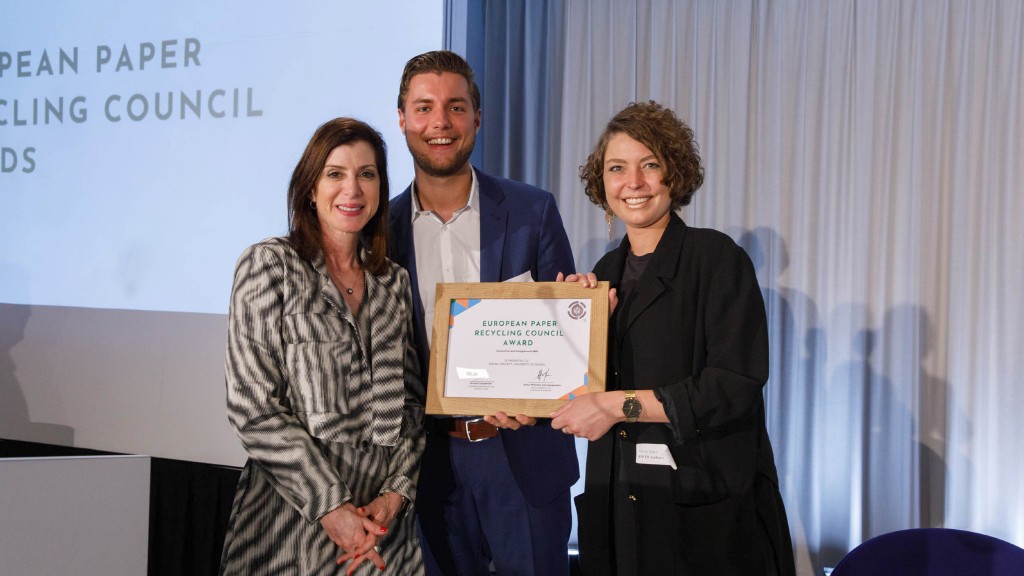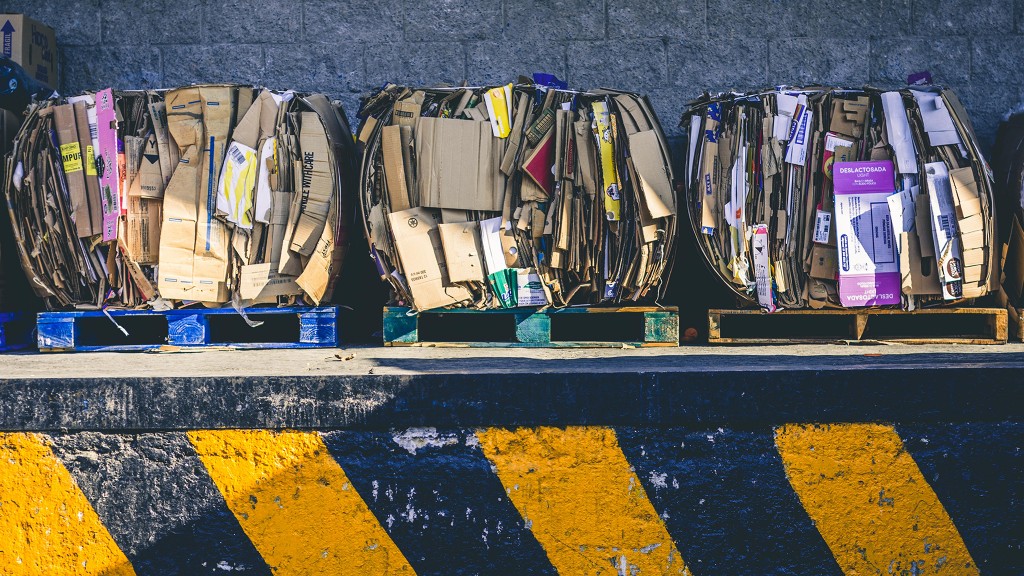
Representatives of the European paper value chain gathered in Brussels have pledged to recycle 76 percent of all paper consumed by 2030. The commitment was taken during the 8th edition of the European Paper Recycling Awards which saw two projects receiving the highest distinction in the European paper recycling community.
The new recycling rate of 76 percent, calculated by dividing the recycling of used paper by the total paper and board consumption, should be reached by the year 2030. It represents an ideal performance both at the global level and across material industries, as paper and board is the most recycled material in Europe.
The commitment is laid out in the new European Declaration on Paper Recycling 2021-2030. The document sets out measures to optimize the management of paper at every step of a continuous recycling loop. This entails a variety of operations, from paper and board manufacturing, its conversion into products and prints, through to its collection, sorting, and recycling. Each step in the process is a distinct industrial sector with only some degree of horizontal integration, making cooperation a must to reach the recycling target.
The industries co-signing the declaration state however that several enabling conditions from EU and local authorities need to be met, Including limiting the use of paper waste for energy recovery purposes and ensuring that paper is separately collected to preserve the quality of the material.
Separate paper collection is also a prerequisite for higher levels of recycling and needs to be further promoted. However, the paper value chain is also pushing boundaries for what additional products could be recycled, and how to access paper waste which is not finding its way to separate collection. The European Paper Recycling Award-winning projects tackle both these challenges. EnEWA, a research and development project financed by the German Federal Ministry for Climate Protection, is focusing on the optimization of sorting, cleaning, and recycling paper even when it is mixed with other residual household or commercial waste. Awarded in the "information and education" category, the CELAB project is a cross-industry initiative to recycle self-adhesive labels.


